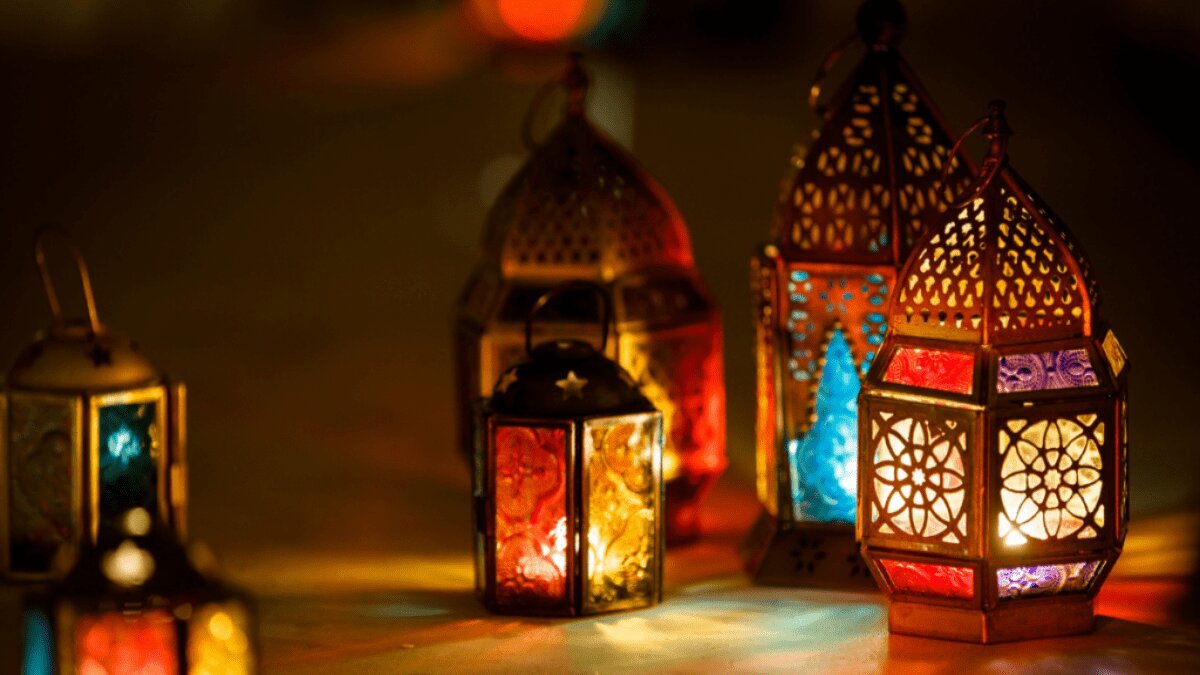Ramadan, the holy month observed by Muslims worldwide, is a time of spiritual reflection, increased devotion, and fasting from dawn until sunset. For many, abstaining from food and drink for extended periods can be challenging, particularly when it comes to managing thirst. However, with careful planning and adopting healthy habits, it is possible to stay hydrated and maintain well-being throughout the month.
Here are some effective strategies to help you combat thirst during Ramadan:
- Pre-dawn Hydration: Suhoor, the pre-dawn meal, plays a crucial role in providing sustenance throughout the day. Make sure to drink plenty of fluids during this time to hydrate your body adequately before the fast begins. Opt for water, herbal teas, and hydrating fruits such as watermelon or cucumbers to replenish lost fluids.
- Avoid Dehydrating Foods: During Suhoor and Iftar (the meal to break the fast), steer clear of foods and beverages that can lead to dehydration, such as caffeinated drinks, salty foods, and excessive amounts of sugary snacks. These items can increase thirst and leave you feeling parched throughout the day.
- Eat Hydrating Foods: Incorporate hydrating foods into your meals to supplement your fluid intake. Fruits and vegetables with high water content, such as cucumbers, oranges, strawberries, and lettuce, can help keep you hydrated while providing essential nutrients and vitamins.
- Sip Water Slowly: When breaking your fast at sunset, resist the urge to gulp down large amounts of water at once. Instead, sip water slowly and steadily to rehydrate your body without overwhelming your system. This approach allows your body to absorb the water more effectively.
- Distribute Fluid Intake: Throughout the non-fasting hours, aim to distribute your fluid intake evenly to prevent dehydration. Keep a water bottle or a container of fluids nearby, and take regular sips to maintain hydration levels without overloading your stomach.
- Electrolyte Balance: In addition to water, consider consuming beverages that contain electrolytes to replenish minerals lost through sweating. Coconut water, sports drinks, and homemade electrolyte solutions can help restore electrolyte balance and prevent dehydration-related issues.
- Limit Physical Exertion: While it’s essential to stay active during Ramadan, try to schedule intense physical activities or outdoor exercises during cooler times of the day to minimize fluid loss through sweating. Opt for light exercises or engage in gentle activities such as walking or yoga to conserve energy and reduce thirst.
- Avoid Excessive Sun Exposure: Direct exposure to the sun can accelerate fluid loss and increase thirst. Whenever possible, seek shade or remain indoors during peak sunlight hours to prevent dehydration. If outdoor activities are unavoidable, wear lightweight, breathable clothing and use sun protection measures such as hats and sunscreen.
- Monitor Hydration Levels: Pay attention to your body’s signals and monitor signs of dehydration, such as dry mouth, dark urine, fatigue, and dizziness. If you experience any of these symptoms, prioritize rehydration by drinking water and consuming hydrating foods to restore fluid balance.
- Consult a Healthcare Professional: If you have underlying health conditions or concerns about managing hydration during Ramadan, consult with a healthcare professional or a registered dietitian for personalized advice and guidance tailored to your needs.
By implementing these practical strategies and adopting mindful eating and drinking habits, you can effectively manage thirst during Ramadan while honoring the spiritual significance of the fasting period. Remember that staying hydrated is essential for maintaining overall health and well-being, especially during periods of fasting and spiritual devotion.


